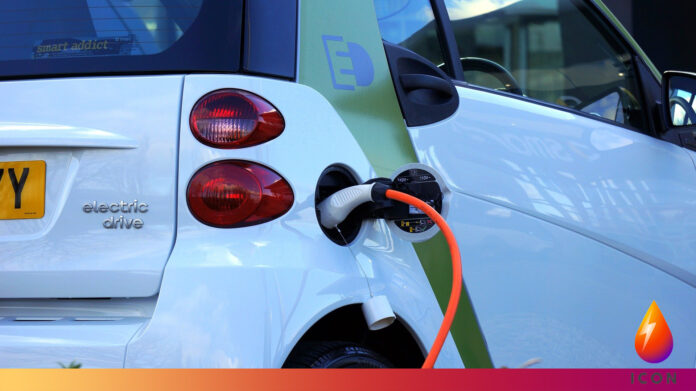UK businesses are set to invest £15.8bn in the electrification of their vehicle fleets over the next year, a 50% uplift on their spending during the previous 12 months, according to new data.
The research, commissioned by Centrica Business Solutions, revealed that UK firms spent £10.5bn on electric vehicles (EVs) and on-site charging points during the year to March 2021 but are now planning £15.8bn of investment in the same area over the next 12 months– a 50% increase year-on-year.
A survey of 200 UK-based business with a turnover in excess of £1million and operating a least one vehicle was carried out by research agency Coleman Parkes between February and March 2021.
‘Electric vehicles’ were defined in the survey as battery electric vehicles (BEVs) and plug-in hybrid electric vehicles (PHEVs).
Greg McKenna, managing director of Centrica Business Solutions, commented on the findings: “Despite the disruption of the past year, it’s encouraging to see investment in EVs remain a key priority for many businesses.
“The fact that firms are planning to increase their spending so dramatically over the next 12 months is proof that more businesses are recognising the advantages of adopting low-emission vehicles, especially as they recover from coronavirus and seek to create sustainable growth.
“Now that 2030 is set in stone as the end of new petrol and diesel sales we need to ensure three things to help get us there, sufficient electric vehicles to meet demand, reliable charging infrastructure that’s available to all and a flexible energy system that can deliver green power where it’s needed.”
Two fifths (40%) of those questioned said they had increased the total number of EVs within their fleet between April 2020 and March 2021.
Of these businesses, six in ten (58%) cited the need to meet corporate sustainability targets as the biggest driving factor behind their increased adoption of EV, followed by reducing operational disruption caused by low and zero-emission zones (51%) and the attraction of the lower maintenance and whole-life costs offered by EVs (37%).
Four in ten (43%) businesses in the research hadn’t increased EV numbers at all and 10% decreased their EV fleet size.
Range anxiety was reported as the chief concern for a third (34%) of these firms, followed by the need to prioritise business investment elsewhere during the height of the coronavirus crisis (32%).
Despite this, two-thirds (67%) of all companies polled claimed they are well-prepared to operate a fully electric fleet by 2030, when the Government’s ban on the sale of petrol and diesel vehicles comes into effect.
46% of businesses polled plan to install charging points on their premises to facilitate the uptake of EVs across the next twelve months, although more than a third (37%) have already installed this infrastructure.
The research also revealed that three in ten (30%) firms have already invested in on-site technology capable of generating the energy to charge their fleet of EVs, such as solar panels, while almost half (48%) plan to do this in the future.
